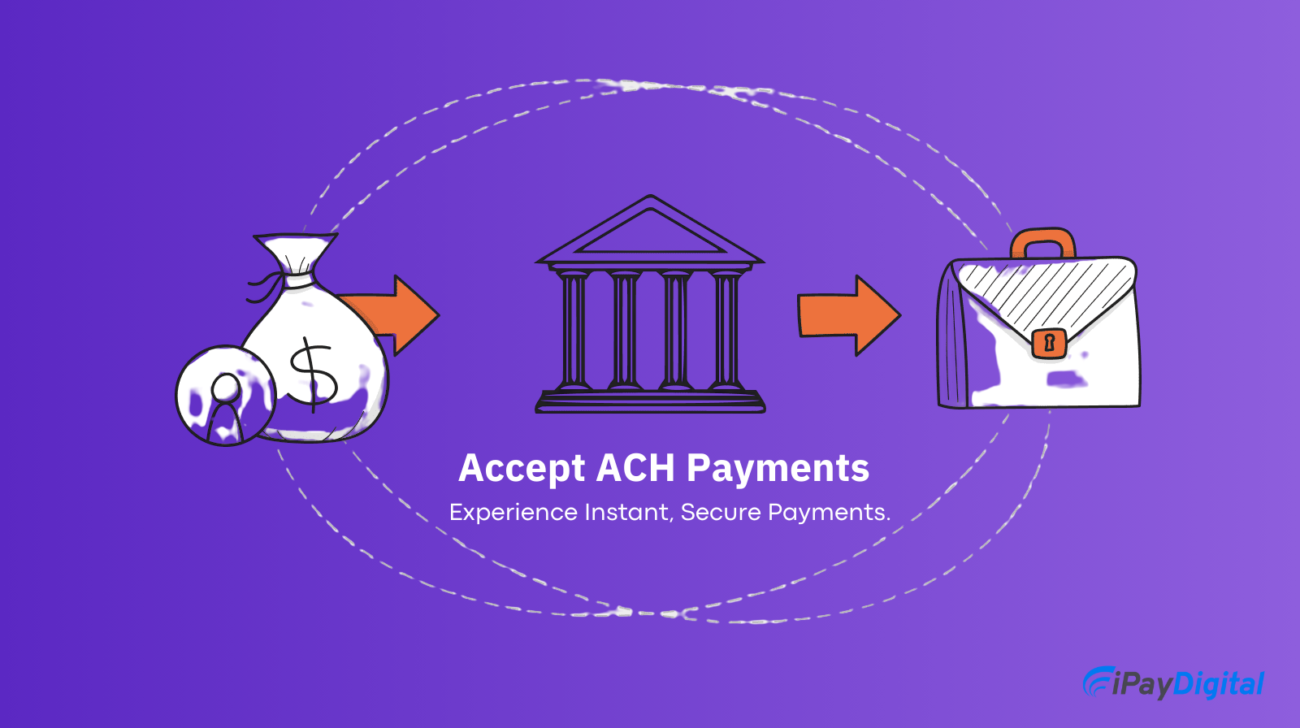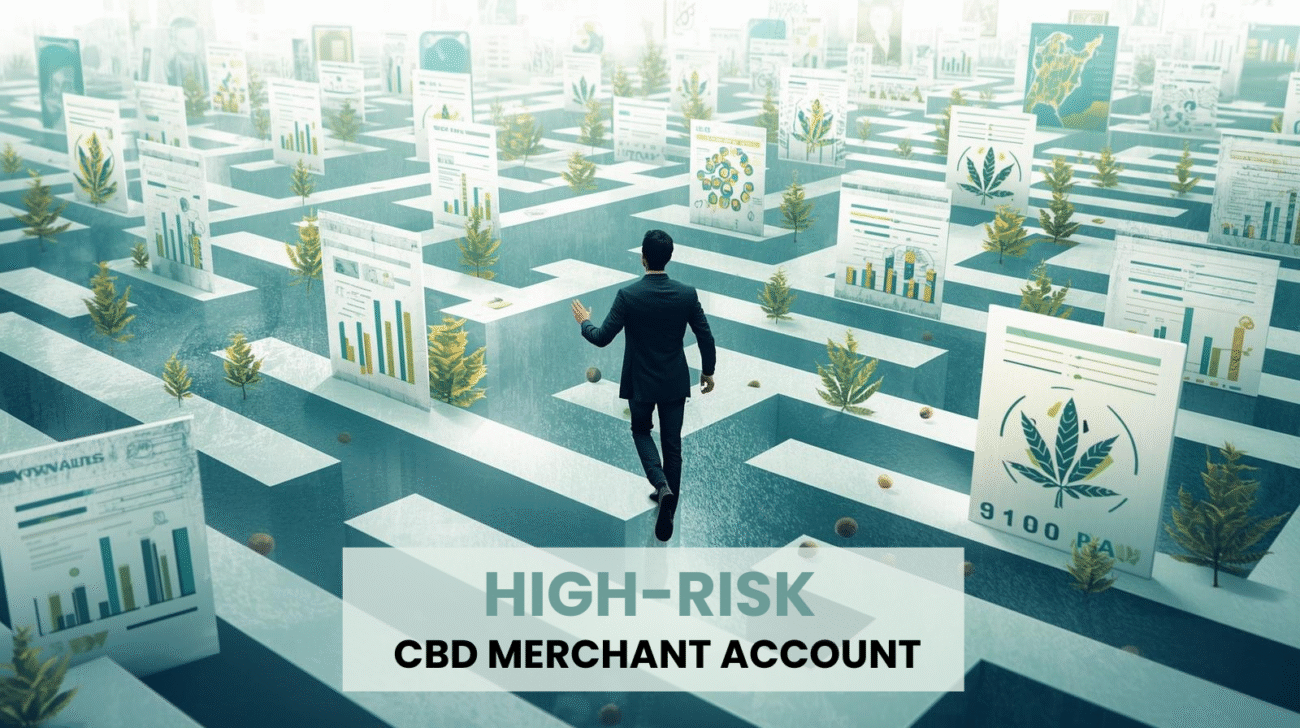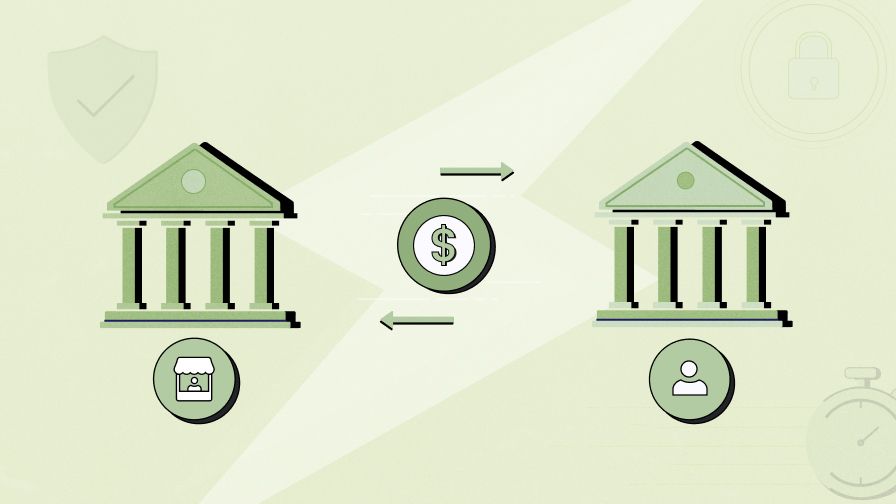The CBD industry has experienced meteoric growth, with its market value projected to exceed $22 billion by 2030. As consumers increasingly embrace CBD for its potential health benefits, entrepreneurs have rushed to meet the demand by launching new ventures. However, this boom brings unique challenges for financial institutions navigating the regulatory and operational complexities of providing services to CBD businesses.
Banks seeking to capitalize on the opportunities within this thriving sector must also contend with a variety of risks. These include regulatory uncertainty, financial volatility, and reputational concerns. In this blog, we explore the risks banks face when working with CBD-related businesses and provide actionable strategies to mitigate these challenges.
Navigating the Complex Regulatory Landscape
One of the primary challenges banks face is understanding and adhering to the complicated regulatory framework surrounding CBD. While the 2018 Farm Bill legalized industrial hemp and CBD products with less than 0.3% THC at the federal level, state laws vary widely. This fragmented landscape creates significant compliance risks for financial institutions.
Federal vs. State Regulations
At the federal level, hemp-derived CBD is legal, but many states impose additional restrictions or outright bans. For banks operating across state lines, navigating these discrepancies is particularly challenging. Failure to comply with state laws can lead to penalties, fines, or even legal action.
FDA Oversight
The Food and Drug Administration (FDA) oversees the marketing of CBD products as food or dietary supplements. Any business making unverified health claims is subject to FDA enforcement. Banks must ensure their CBD clients comply with FDA regulations to avoid liability exposure.
Financial Risks in the CBD Sector
The rapid growth of the CBD industry presents financial institutions with unique risks. Despite its potential profitability, the sector’s volatility requires banks to exercise caution.
Revenue Instability
CBD businesses often face fluctuating revenue streams due to market uncertainties and shifting regulations. These factors can make it difficult for banks to assess long-term financial stability. Moreover, the high-risk nature of the industry increases the likelihood of customer chargebacks and payment disputes.
High-Risk Merchant Services
Many payment processors classify CBD businesses as high-risk, making it harder for them to access standard financial services. This creates an opportunity for banks to offer specialized CBD merchant accounts, but it also requires additional safeguards to manage risks effectively.
Reputational Challenges
Even when operating within legal boundaries, CBD businesses are often scrutinized due to their association with cannabis. Banks must carefully manage their reputations when partnering with these businesses.
Stakeholder Perception
Financial institutions risk alienating conservative clients or stakeholders who may view CBD-related partnerships unfavorably. Transparency and effective communication are essential to mitigate potential backlash.
Regulatory Scrutiny
Regulators often closely monitor financial institutions involved in high-risk industries like CBD. Any misstep in compliance or due diligence can result in reputational damage and erode public trust.
Key Strategies for Risk Mitigation
Despite these challenges, banks can successfully serve the CBD industry by adopting proactive measures. Here are key strategies to reduce risks while building productive partnerships with CBD businesses:
1. Strengthen Compliance Frameworks
Implementing robust compliance frameworks is critical to managing legal and regulatory risks. Banks should:
- Conduct rigorous Know Your Customer (KYC) and Customer Due Diligence (CDD) processes.
- Monitor clients’ adherence to state, federal, and FDA regulations.
- Establish clear internal policies for evaluating CBD-related accounts.
2. Partner with High-Risk Industry Experts
Collaborating with payment processors and service providers specializing in high-risk industries can help streamline operations. These partners bring valuable expertise in managing CBD merchant accounts, ensuring smooth and compliant payment processing.
3. Develop Specialized Teams
Creating dedicated compliance teams focused on CBD-related accounts can enhance oversight. These teams should:
- Stay informed about evolving regulations.
- Conduct regular risk assessments.
- Liaise with regulators to ensure best practices.
4. Prioritize Transparent Communication
Maintaining open communication with CBD clients is essential to building trust and ensuring mutual understanding. Banks should:
- Clearly outline compliance expectations.
- Provide resources to help clients stay informed about regulatory changes.
- Foster collaborative relationships to reduce the likelihood of non-compliance.
5. Regularly Review Policies
The CBD industry evolves rapidly, and financial institutions must adapt accordingly. Conducting periodic reviews of internal policies ensures that banks remain aligned with the latest regulatory and industry developments.
Opportunities for Financial Institutions
While the risks are significant, the CBD industry also offers lucrative opportunities for financial institutions willing to navigate its complexities. By providing tailored services, banks can position themselves as leaders in this emerging market.
Expanding Market Share
As more CBD businesses seek reliable financial partners, banks that cater to their unique needs can gain a competitive edge. Offering specialized services such as CBD merchant accounts or high-risk payment processing solutions can attract a loyal client base.
Building Long-Term Partnerships
Developing strong relationships with CBD businesses can lead to long-term growth opportunities. By fostering trust and collaboration, banks can become integral partners in their clients’ success.
Conclusion
The CBD industry represents a dynamic and rapidly growing market. For banks, the potential rewards of serving CBD-related businesses are substantial, but so are the risks. From navigating complex regulations to managing financial volatility and reputational concerns, financial institutions must adopt strategic measures to succeed in this space. By strengthening compliance frameworks, partnering with industry experts, and prioritizing transparency, banks can mitigate risks while unlocking opportunities in the CBD sector. With the right approach, financial institutions can play a pivotal role in supporting the growth of this burgeoning industry while safeguarding their interests.














